
One of the leaders of the protest movement of unemployed Saharawis, who for months have been targeting their campaigns against Morocco's state owned phosphate company OCP, has died after allegedly being tortured by the Moroccan police.
Photo above: Brahim Saika was handcuffed to his hospital bed while in coma. The picture was taken by Saika's family members who were allowed to see him only once, from behind glass, during the week Saika spent in hospital.

On 1 April, Brahim Saika was arrested near his home in Guelmim, a town with a large Saharawi population in the south of Morocco. Saika had just met with trade unionists and unemployed Saharawis. The arresting police officers cited Saika's involvement with protests in the city as the reason for taking him into custody. Saika was taken to the local police station where he is said to have been tortured severely for hours on end.
After his ordeal, Saika started a hunger strike in protest of the treatment he had been subjected to. Five days later, his health had significantly deteriorated and he was taken to the hospital of his hometown Guelmim, from where he was taken to the hospital in Agadir.
Brahim Saika spent several days in coma before he died on Friday, 15 April, in the hospital of Agadir, supposedly due to the health complications arising from police torture and his subsequent hunger strike.
The authorities do not agree to the family's demand of an autopsy to determine the cause of death. The doctors purportedly told Saika's family that he died following a rat bite.
Brahim Saika was a former political prisoner, who spent four years in jail for his political views. Recently, he had emerged as one of the leaders of the group of unemployed Saharawi graduates, who protest against discriminatory employment practices and the systematic marginalisation of Saharawis by the Moroccan state.
Protests rooted in social and economic grievances have been a regular scene in both occupied Western Sahara and in towns in the south of Morocco which have a large Saharawi population.
Particularly in Western Sahara, the protests have intensified over the last 6 months, following an announcement by Morocco's state owned phosphate company OCP that it would hire 500 people in the area. However, it quickly became apparent that these vacancies were not accesible to Saharawis as the qualification criteria were too high. Saharawis today live as a marginalized minority in their own land and often cannot afford higher education that is only available in Morocco. During the 40 years occupation, Morocco has not established a single university in Western Sahara.
Without exception, the demonstrations of the Saharawi graduates are met with violence on the part of the Moroccan security forces.
Saika's death resulted in mass protests in Guelmim, which also prompted police intervention. See photos below.
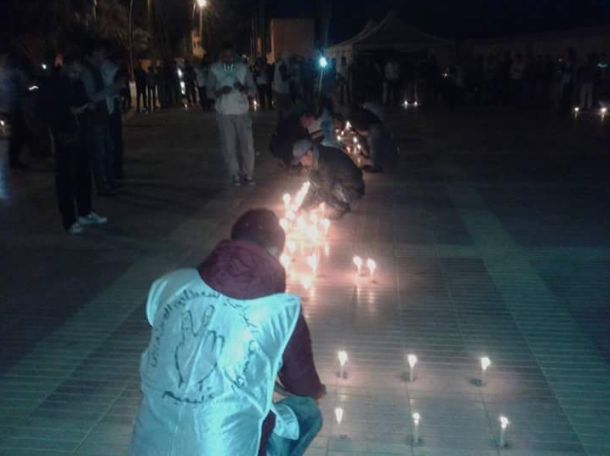
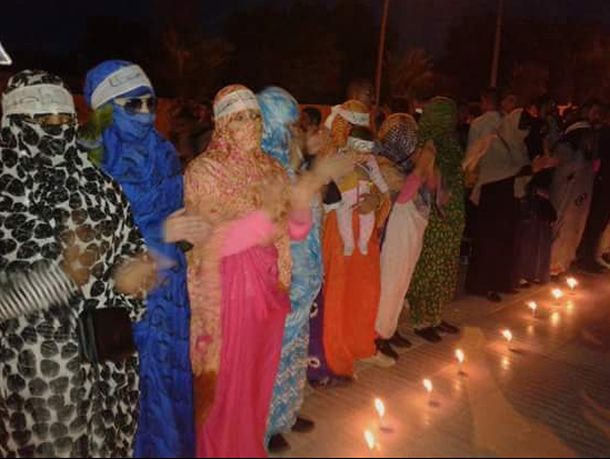
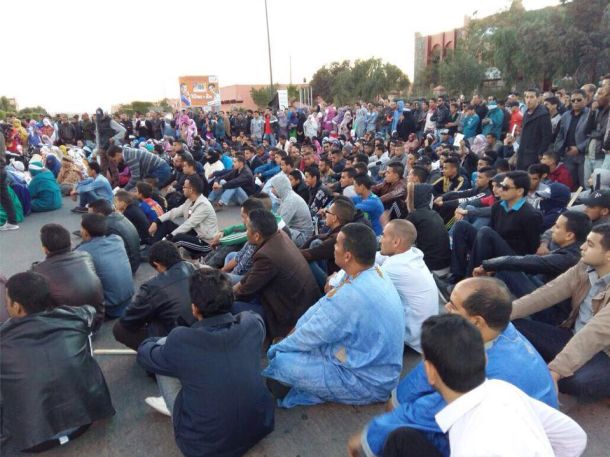
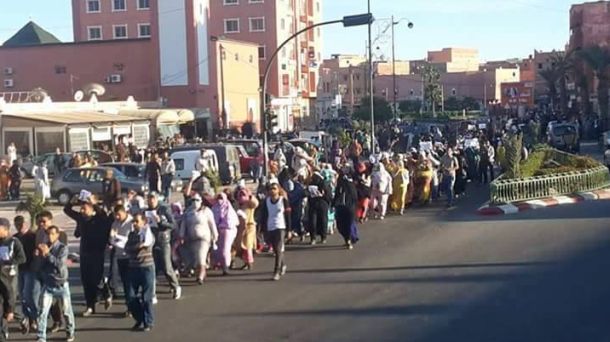
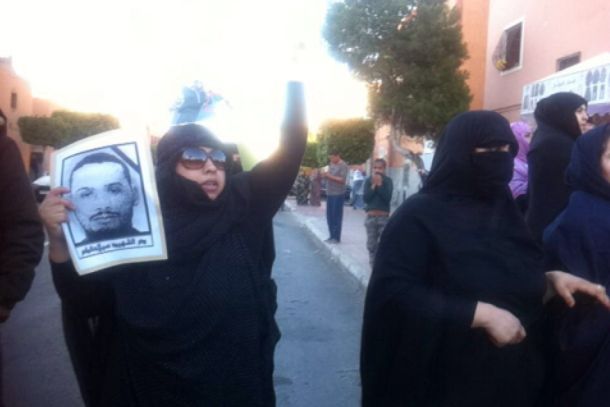
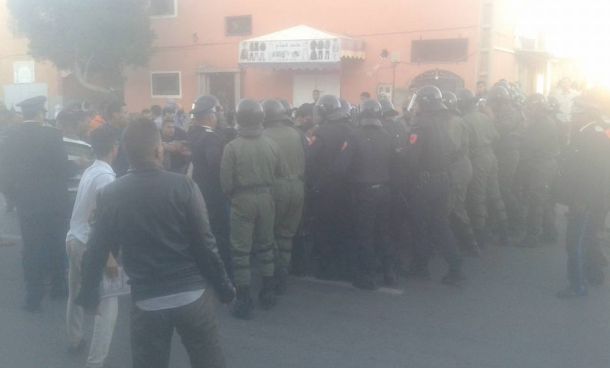
Morocco allocates land in occupied Western Sahara to green hydrogen investors
Morocco’s ambitions to become a global green hydrogen powerhouse are accelerating. Yet, Rabat is allocating land in a territory it does not legally own.
US eyes minerals in occupied Western Sahara
Seeking to position itself as a key supplier of strategic minerals for Western powers, Morocco has signed a new agreement with the United States that covers Western Sahara’s waters and the critical minerals harboured there.
TAQA-Moeve obtains land in occupied Western Sahara
Morocco’s push for green hydrogen has taken a decisive step forward - on territory it does not legally own.
EU-Morocco Statement: autonomy without self-determination, law without lawfulness
A joint statement that came out of last week’s EU-Morocco Association Council asks readers to believe in a fiction: that an undefined autonomy plan imposed by an occupying power can satisfy the right to self-determination, and that respect for international law can coexist with the systematic ignoring of the EU’s own highest court.



